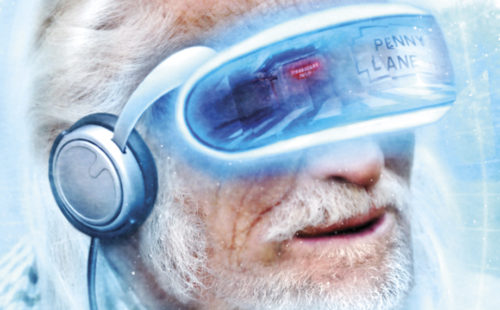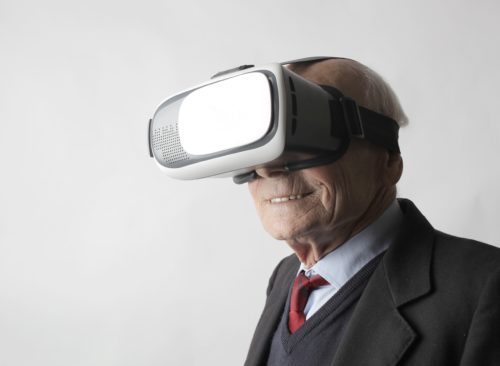
latest
Fictions: Our year-long thought experiment

We are thrilled to be working with Keith Brooke and the fantastic group of sci-fi authors he has assembled to take us on this journey, and I will post follow-up articles to each story to encourage discussion amongst our readers about the policy-making, practical and ethical considerations which relate to the technologies they explore. Peter Bloomfield
Public attitudes toward the growing use of data and technology in every aspect of our lives are fast-changing. At Future Care Capital, we seek to support policy-makers and practitioners and, crucially, our beneficiaries to navigate these developments in relation to health and social care. There are, of course, many possible futures. Some scenarios we encounter in the course of horizon-scanning are can inspire life-changing advancements, whereas others may seem dystopian and ‘one step beyond’ that which most of us deem within our comfort zone.
Only one thing is certain: change is inevitable and new technology will be a key driving force in this transformation.
Our tolerance for change will, of course, differ subject to the context in which we encounter new and emergent technologies. Public attitudes will no doubt impact on investment in the development of these technologies as well as the regulatory framework put in place to support their deployment: how people encounter cutting-edge treatments and technologies in health and care as they enter the collective psyche is of critical importance.
Broad-ranging examples of technologies already deployed in health and social care to positive effect – ranging from sensors in IoT (the Internet of Things) devices that prolong independent living and virtual reality for pain management to diagnostics and drug discovery underpinned by machine learning and artificial intelligence (AI). Others, such as quantum computing and large scale simulation technology, remain at a relatively early stage in development and are therefore more challenging for people to imagine.
With that in mind, we would like to invite you to join our year-long ‘thought experiment’.
Science fiction routinely draws inspiration from technology (as well as inspiring technological developments in its own right) – whether we think about William Gibson introducing the concept of “cyberspace” in Neuromancer, Isaac Asimov’s laws of robotics in iRobot or Margaret Atwood’s concepts of genetic engineering in Oryx and Crake. So, we wondered: could it help people to explore the ways in which a range of new technologies might shape health and care futures? Could it serve as a provocation for dialogue amongst those we routinely encounter? Could it also bring to life some of the leading-edge work underway around the world to transform how we approach illness and empower people to live independently for as long as possible for new audiences? We decided to find out.
So, we will soon begin publishing a series of science fiction stories and the first one, which will go live next week, will take a closer look at Virtual Reality (VR).
We are thrilled to be working with Keith Brooke and the fantastic group of sci-fi authors he has assembled to take us on this journey, and I will post follow-up articles to each story to encourage discussion amongst our readers about the policy-making, practical and ethical considerations which relate to the technologies they explore.
I expect the now infamous statement of mathematician Dr. Ian Malcolm from Jurassic Park is likely to crop up at regular intervals: “…your scientists were so preoccupied with whether or not they could, they didn’t stop to think if they should”. However, I will also be guided by the questions that our audiences pose and the interest they express in better understanding different aspects of particular narratives.
We really hope that the stories and blogs will prove to be both entertaining and thought-provoking, so please do engage with us via social media or, else, email us with your thoughts and suggestions, as this is the first step towards our undertaking a larger body of work about technology in health and social care.
The first instalment (here) by Stephen Palmer is out now.


